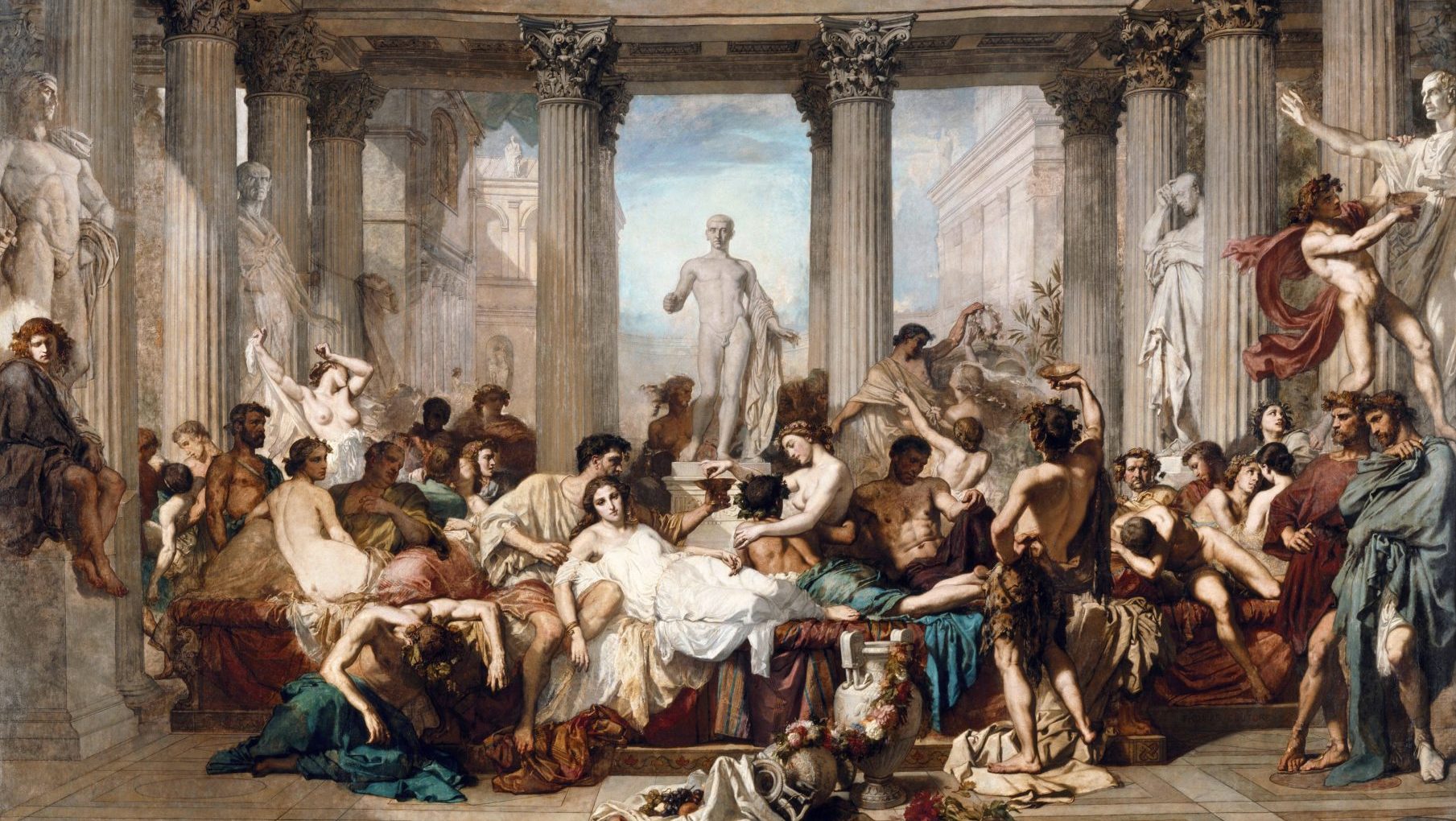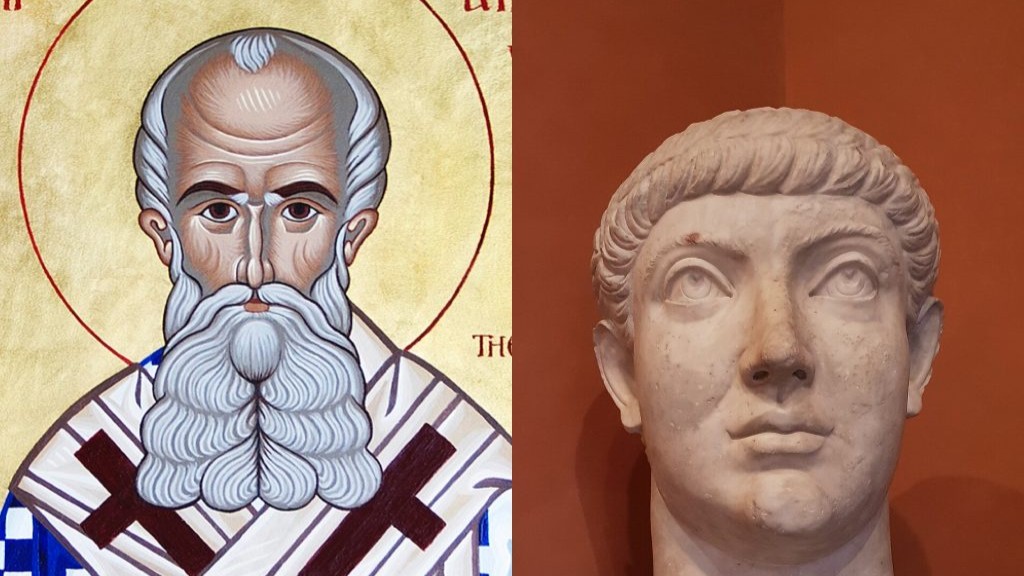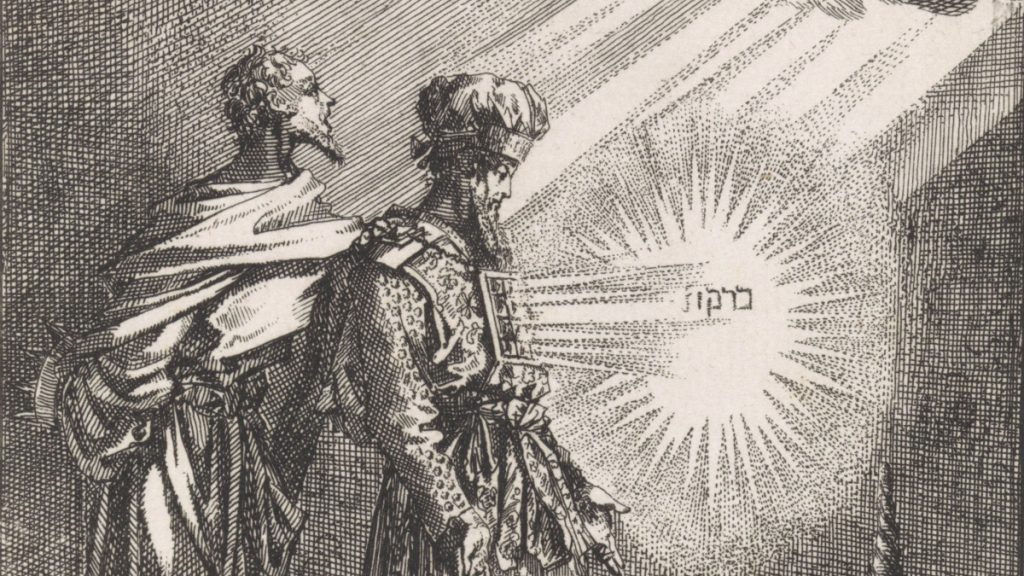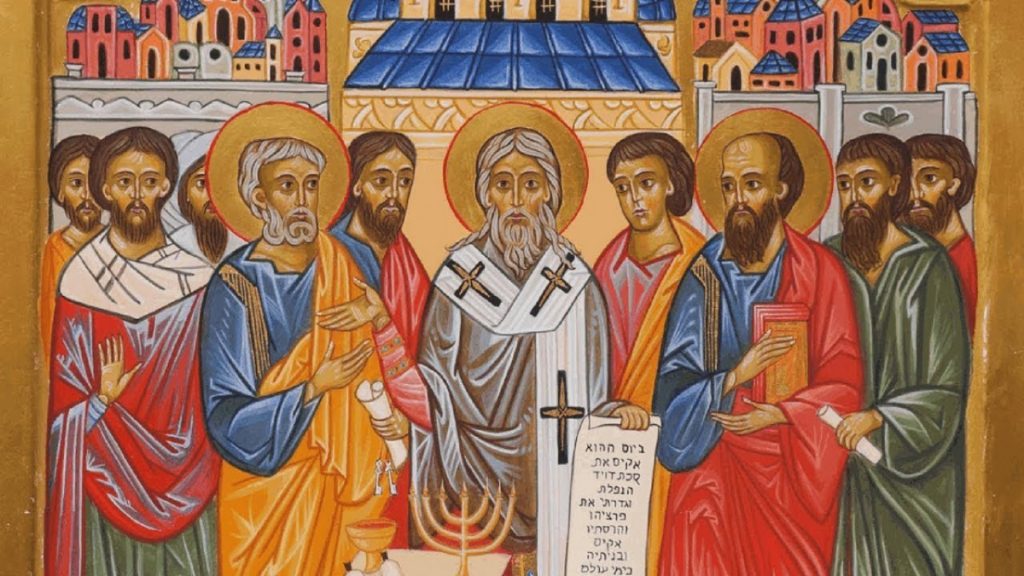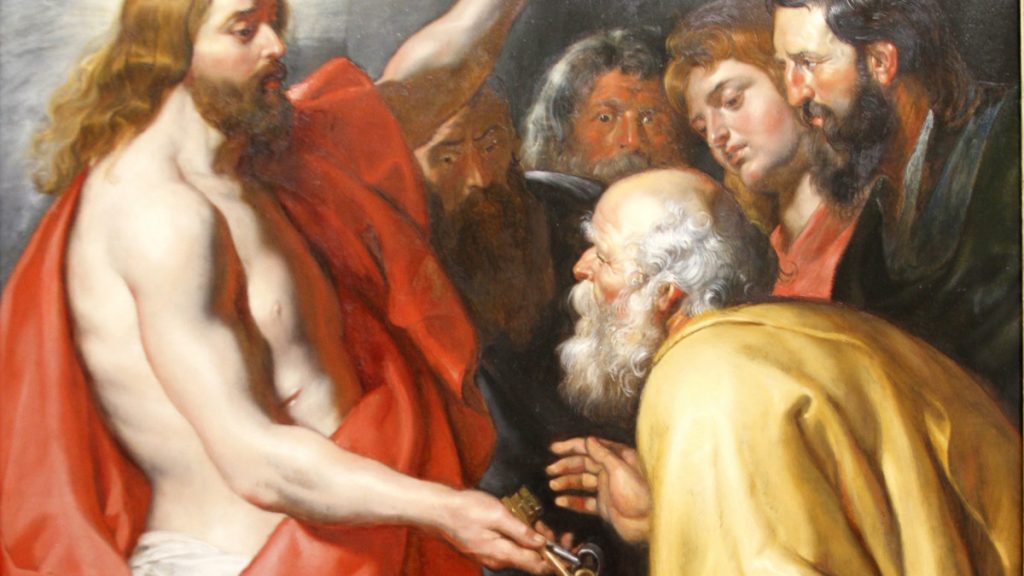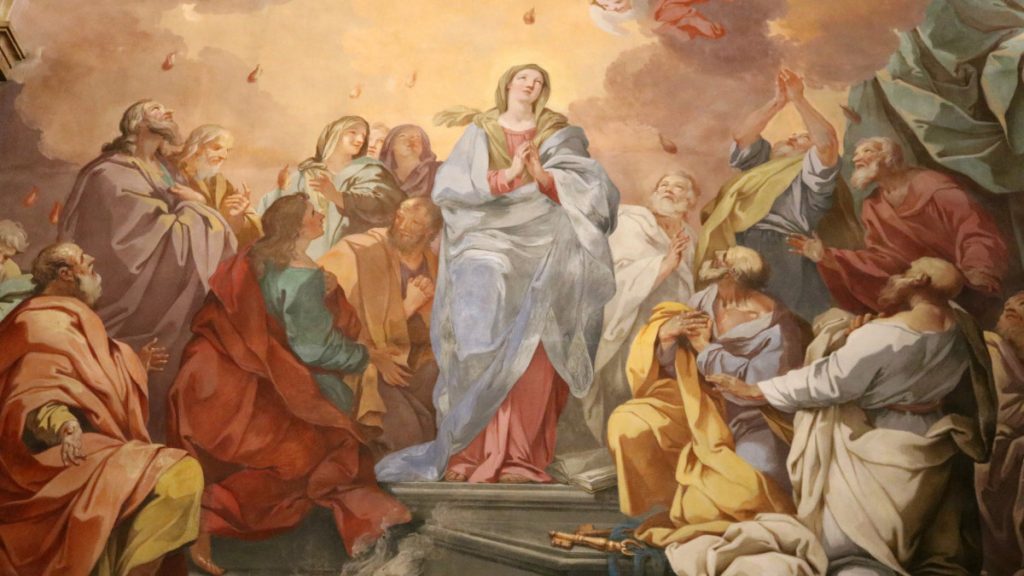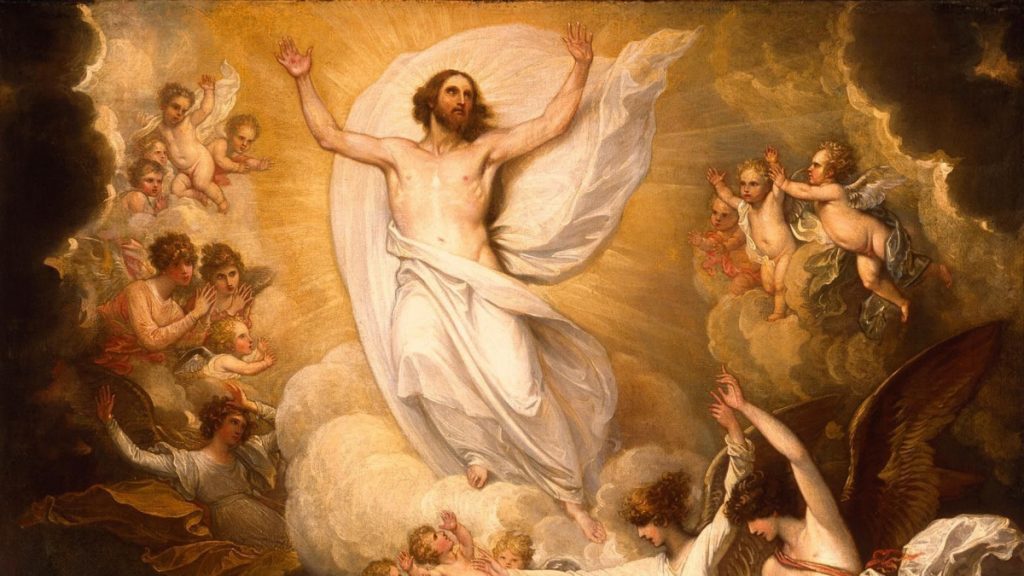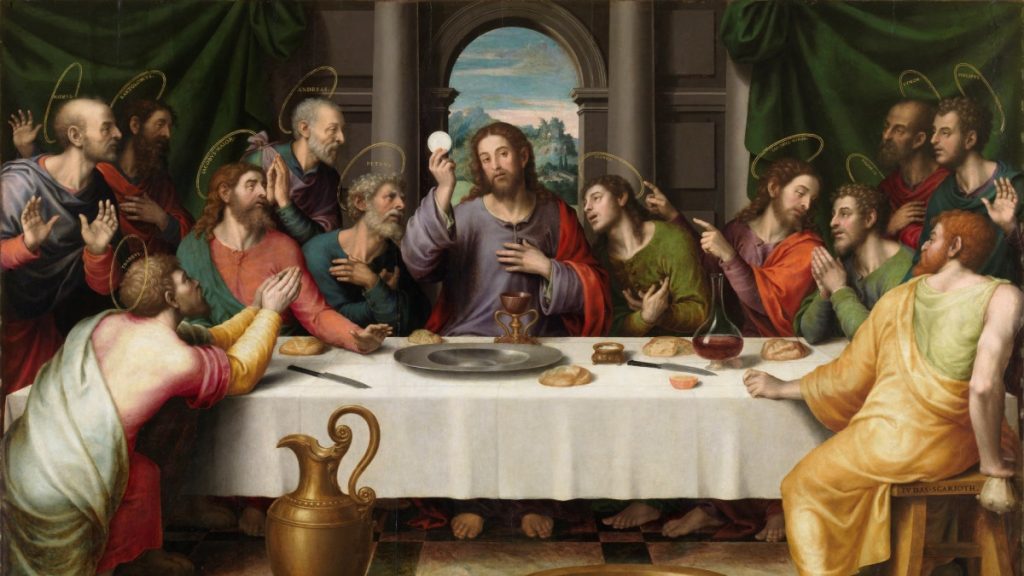(Updated June 24, 2025)
Juvenal (c. 55-128) was a Roman satirist who has come to be widely regarded as the most rhetorically powerful of all the Roman satirists, often commenting on the increasing decadence of Roman society in his time. He is known to this day for lines such as “bread and circuses” and “Who will guard the guards themselves?”
Next to each quote are the Topic Quote Archives in which they are included.
This Quote Archive is being continuously updated as research continues. Quotes marked with “***” have not yet been organized into their respective Topic Quote Archives.
Satires
Satire 9
(Lines 32-34)1
Mankind is ruled by the Fates, they even govern those private
Parts that our clothes conceal. If your stars go against you
the fantastic size of your cock will get you precisely nowhere.
(Lines 125-29)2
What’s my best move now, after all these wasted seasons
and disappointed hopes? The bloom of life will wither
all too soon, our miserable portion on this earth
is running out: while we drunk, while we call for garlands, perfumes, and call-girls, old age creeps up on us, unregarded.
Satire 10
(Lines 1-5)3
In all the lands that stretch far eastward from Cádiz
to Ganges and the dawn, few indeed there are can distinguish
true good from its opposite, or manage to dissipate the thick mist of error. Since when were our fears or desires ever dictated by reason?
(Lines 23-24)4
The most popular, urgent prayer, well-known in every temple,
is for wealth.
(Lines 77-81)5
But these days, we’ve no vote to sell, so their motto
is “Couldn’t care less.” Time was when their plebiscite elected
Generals, Heads of State, commanders of legions: but now they’ve pulled in their horns. Only two things really concern them: bread and the Games.
(Lines 97, 104-12)6
Yet what fame or prosperity 78 | 79 are worth having if they bring you as much trouble as pleasure?…
His [Sejanus’] itch for excessive honors,
his pursuit of excessive wealth, built up a towering
edifice, storey by storey, so that its final downfall
was that degree greater, the crash more catastrophic.
Take men like Pompey or Crassus—and that other tyrant
who cowed Rome’s citizens, brought them under the lash:
what proved their downfall? Lust for ultimate power
pursued without scruple—and the malice of Heaven that granted ambitions prayers.
(Lines 140-46)7
The thirst for glory by far outstrips the pursuit
of virtue. Who on earth would embrace poor Virtue naked
if you took away her rewards? Yet countries have come to ruin
through the vainglory of a few who longed for renown, a title
that would cling to the stones set over their ashes—although
a barren fig-tree’s strength would suffice to crack these open, seeing that sepulchers, too, have their allotted fate.
(Lines 173-74)8
Death alone reveals our puny human dimensions.
(Lines 233-45)9
But worse than all bodily ills is his [the old person’s] mental collapse, when he fails
to remember the names of servants, or recognize the friend
who was yesterday’s host at dinner, let alone the children
he begot and brought up. A cold-blooded codicil
disinherits his flesh and blood, and the whole estate is bequeathed
to some professional sexpot, whose expert panting mount—
after years in that narrow archway—earns her a rich reward.
If he keeps his wits intact, though, he still must endure
the burial of his sons, the death of his dearly-beloved
wife and brother, urns filled with his sisters’ ashes.
Such are longevity’s penalties—perpetual grief, 82 | 83
Black mourning, a world of sorrow, ever-recurrent Family bereavements to haunt one’s declining years.
(Lines 295-313)10
A physically handsome son keeps his wretched parents in constant
anxiety: coexistence of good looks and decency
is rare indeed. However old-fashioned his background,
however strict the morality on which he was brought up—
and even if Nature, with generous, kindly hand has
turned him out a pure-minded, modestly blushing
youth (and what greater gift, being more powerful
than all solicitous guardian, could she bestow?)—
manliness still is denied him. A seducer will not scruple
to lay out lavish bribes, corrupt the boy’s very parents:
cash always wins in the end. But no misshapen stripling was ever unsexed by a tyrant in his castle,
no Nero would ever rape a clubfooted adolescent—
much less one with a hump, pot-belly, or scrofula.
Be proud of your handsome son, that’s fine—but don’t forget
the extra hazards that face him. He’ll become a notorious
layer of other men’s wives, always scared that some husband’s hot on his tail for revenge.
(Line 323)11
[W]hen their morals are gone, they’ve just one obsession—sex.
(Lines 328-29)12
Pure feminine ruthlessness thrives best on guilt and hatred.
(Lines 346-67)13
Is there nothing worth praying for, then? If you want my advice,
let the powers-that-be themselves determine what’s most appropriate
for mankind, what best suits our various circumstances.
They’ll give us not what we want, but what we need; a man
is dearer to them than he is to himself. Led helpless 85 | 86
by emotional impulse and powerful blind desires
we ask for marriage and childbirth. But the Gods alone can tell
what they’ll be like, our future wives and offspring!
Still, if you must pray for something, if at every shrine you offer
the entrails and holy chitterlings of a white piglet,
then ask for a healthy mind in a healthy body,
demand a valiant heart for which death holds no terrors,
that reckons length of life as the least among the gifts
of Nature, that’s strong to endure every kind of sorrow,
that’s anger-free, lusts for nothing, and prefers
the sorrows and grueling labors of Hercules to all
Sardanapalus’ downy cushions and women and junketings.
What I’ve shown you, you can bestow on yourself: there’s one
Path, and one only, to a tranquil life—through virtue.
Fortune has no divinity, could we but see it: it’s we, we ourselves, who make her a goddess, and set her in the heavens.
Footnotes
- Juvenal, Peter Green, trans., The Sixteen Satires (New York: Penguin Books, 2004), 72. ↩︎
- Juvenal, Peter Green, trans., The Sixteen Satires (New York: Penguin Books, 2004), 74. ↩︎
- Juvenal, Peter Green, trans., The Sixteen Satires (New York: Penguin Books, 2004), 76. ↩︎
- Juvenal, Peter Green, trans., The Sixteen Satires (New York: Penguin Books, 2004), 76. ↩︎
- Juvenal, Peter Green, trans., The Sixteen Satires (New York: Penguin Books, 2004), 78. ↩︎
- Juvenal, Peter Green, trans., The Sixteen Satires (New York: Penguin Books, 2004), 78-79. ↩︎
- Juvenal, Peter Green, trans., The Sixteen Satires (New York: Penguin Books, 2004), 80. ↩︎
- Juvenal, Peter Green, trans., The Sixteen Satires (New York: Penguin Books, 2004), 81. ↩︎
- Juvenal, Peter Green, trans., The Sixteen Satires (New York: Penguin Books, 2004), 82-83. ↩︎
- Juvenal, Peter Green, trans., The Sixteen Satires (New York: Penguin Books, 2004), 84. ↩︎
- Juvenal, Peter Green, trans., The Sixteen Satires (New York: Penguin Books, 2004), 85. ↩︎
- Juvenal, Peter Green, trans., The Sixteen Satires (New York: Penguin Books, 2004), 85. ↩︎
- Juvenal, Peter Green, trans., The Sixteen Satires (New York: Penguin Books, 2004), 85-86. ↩︎
